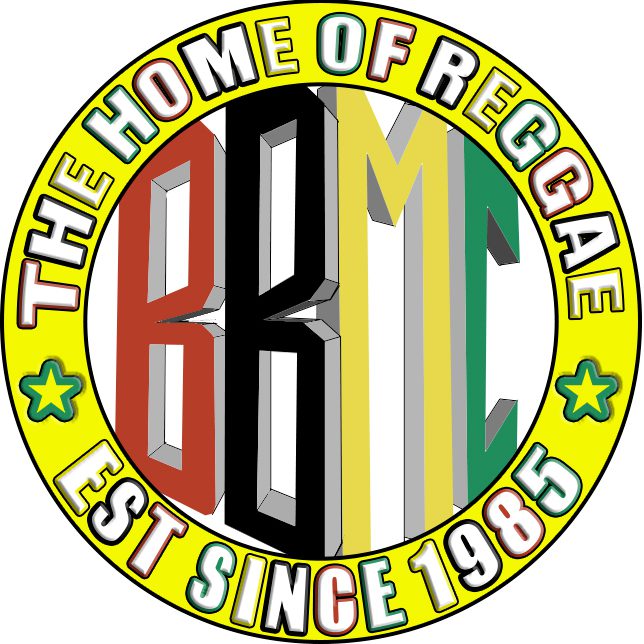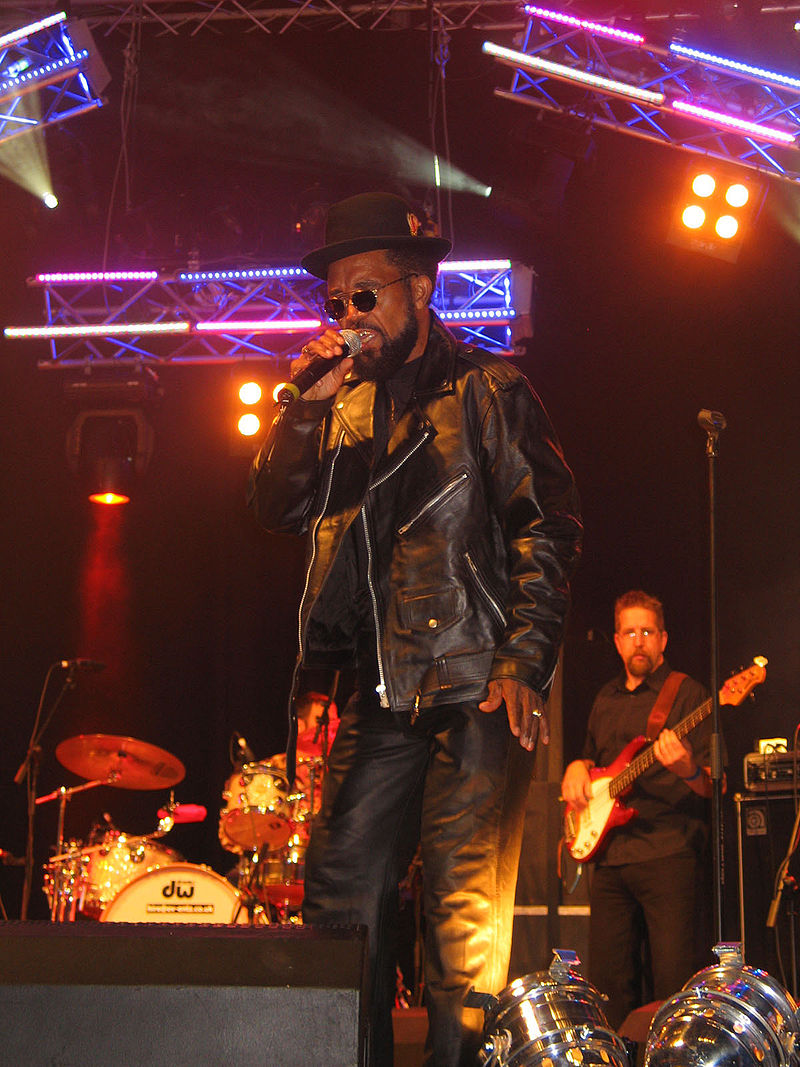Cecil Bustamente Campbell was born in Orange Street in Kingston, Jamaica, on 24 May 1938.[ His middle name was given to him by his family in honour of the Labour activist and first post-Independence Prime Minister William Alexander Clarke Bustamante. In the early 1940s Campbell was sent to live with his grandmother in rural Jamaica where his family’s commitment to the Christian faith gave him his earliest musical experiences in the form of church singing as well as private family prayer and hymn meetings. Returning to live at Orange Street while still a young boy, Campbell attended the Central Branch School and St. Anne’s School.
While at school Campbell performed three or four times a week at the Glass Bucket Club, as part of Frankie Lymon’s Sing and Dance Troupe; rock ‘n’ roll-themed shows were popular during the 1950s, with the Glass Bucket Club establishing a reputation as the premier music venue and social club for Jamaican teenagers at that time. Upon leaving school he found himself drawn to the ranks of followers that supported the sound system of Tom the Great Sebastian. Jamaican sound systems at that time were playing American rhythm ‘n’ blues and Campbell credits Tom the Great Sebastian with his first introduction to the songs and artists that would later influence his own music: the Clovers’ “Middle of the Night”, Fats Domino’s “Mardi Gras in New Orleans”, the Griffin Brothers featuring Margie Day, and Shirley & Lee.
Campbell became more actively involved in the operational side of running a sound system after he was introduced to Clement ‘Coxsone’ Dodd, a musically inclined businessman who operated one of Kingston’s most popular sound systems. Campbell found himself fulfilling a variety of roles for Coxsone: providing security, handling ticket receipts, identifying and sourcing music as well as working in the essential role of selector. The knowledge he gained about the financial and logistical aspects of staging a sound system dance was put to good use when Campbell made the decision to start his own sound system called ‘Voice of the People’. Campbell approached his family and a radio shop owner called Mr Wong for financial backing; both parties agreed. Campbell’s ‘Voice of the People’ sound system was soon operational and within a short time had established itself as a rival to the sound systems of Coxsone and Reid. Campbell applied to the Farm Work Program (guest worker scheme for the US agricultural sector) with the intention of buying music for his sound system but on the day of departure was refused entry into the scheme. Knowing that he wouldn’t be able to personally source records from the US, Campbell decided to record his own music. He approached Arkland “Drumbago” Parks, a professional drummer at the Baby Grand Club who had arranged and recorded a special (exclusive recording) for the Count Boysie sound system. Drumbago agreed to help and Campbell immediately began rehearsing with the musicians at the Baby Grand Club, including the guitarist Jah Jerry, who played on Campbell’s first recording session.


